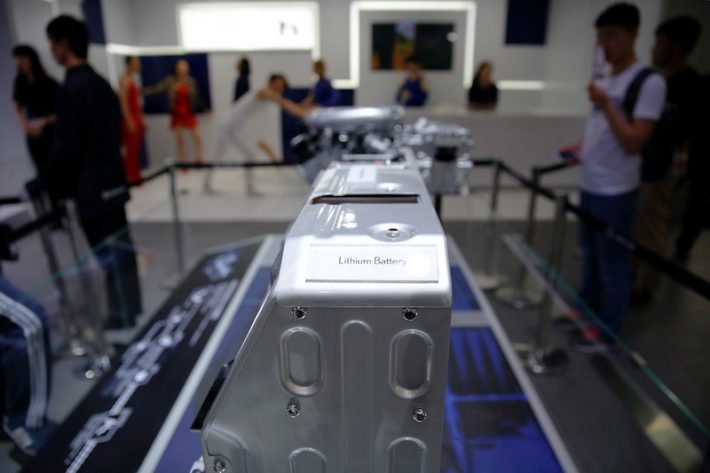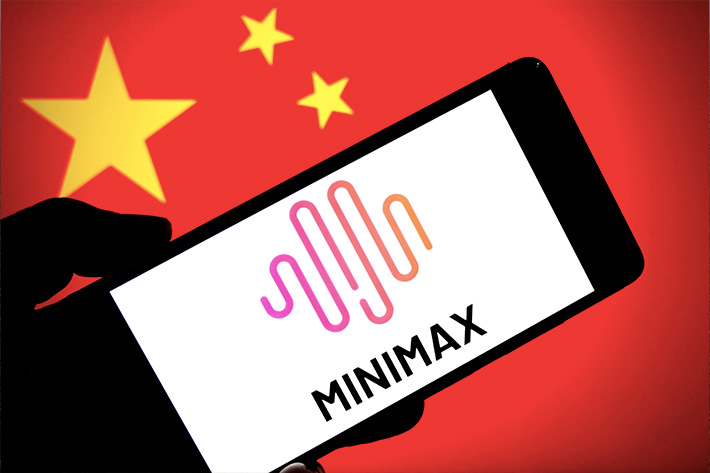Vietnam has signed a string of contracts with China’s telecom giants Huawei and ZTE this year, after years of being reluctant to use Chinese tech in sensitive infrastructure.
Hanoi has sometimes had frosty relations with its northern neighbour, but there are signs it has strengthened bonds with Beijing, notably since the US began imposing tariffs on Vietnamese goods.
These moves have stirred concern among Western officials, seven people with direct knowledge of the situation told Reuters.
ALSO SEE: China Vanke Gets S&P Downgrade, Faces Rejig Amid Debt Crisis
While Sweden’s Ericsson and Finland’s Nokia secured contracts for Vietnam’s 5G core infrastructure, with US chipmaker Qualcomm providing network equipment, Chinese companies have begun winning smaller tenders with state-owned operators, so far unreported public procurement data shows.
A consortium including Huawei was awarded a $23 million contract for 5G equipment in April, weeks after the White House announced tariffs on Vietnamese goods. And ZTE has won at least two contracts, one last week, totalling more than $20 million for 5G antennas. The first publicly disclosed deal came in September, a month after US tariffs took effect.
Reuters could not establish whether the timing of these wins was linked to US tariffs, but the deals raised concerns among Western officials.
The exclusion of Chinese contractors from Vietnam’s digital infrastructure, including undersea fibre-optic cables, has long been identified by Washington as a key condition for support in advanced technologies.
Huawei and ZTE are banned from US telecom networks as an “unacceptable risk” to national security. Sweden and other European countries have similar restrictions.
Ericsson declined to comment on Chinese companies, but said it was “fully committed to support its customers in Vietnam.”
Neither Huawei, ZTE, Nokia, Qualcomm, the US embassy in Vietnam, China’s embassy, Sweden’s foreign ministry nor Vietnam’s tech ministry responded to requests for comment.
Vietnam-China ties improve
The unaligned Southeast Asian nation is a crucial battleground in the competition for global influence. Its proximity to China has made it a major industrial hub for multinationals such as Apple, Samsung and Nike, which rely on Chinese components and Western consumers.
Under Western pressure, Vietnam long took “a wait-and-see approach” to Chinese technology, said Nguyen Hung, a specialist in supply chains at RMIT University Vietnam. But “Vietnam has its own priorities,” he added, noting the new deals could spur deeper economic integration with China.
Hanoi and Beijing have made progress recently on other sensitive projects, including cross-border rail links and special economic zones close to the Chinese border, which Vietnam had previously discarded as security risks.
Huawei lost multiple bids this year on 5G equipment in Vietnam, according to tender data. But it has cooperated on technical services, and signed an agreement in June on 5G technology transfers with Viettel, Vietnam’s army-owned main telecom operator, according to Vietnam’s defence ministry.
Viettel did not respond to a request for comment. One person at the company said Chinese technology was cheaper. The sources declined to be named because the information they shared was not public.
‘Chinese tech undermines US trust’
The Chinese contracts have been discussed in at least two meetings of senior Western officials in Hanoi in recent weeks, diplomatic sources said.
In one meeting, a US official warned they could undermine trust in Vietnam’s networks and jeopardise access to US advanced technology.
In a meeting this month, officials explored whether areas using Chinese technology could be sealed off from the rest of the network to prevent data leaks, one of the sources said.
But suppliers of antennas and equipment could still gain access to network data, said Innocenzo Genna, a telecommunications lawyer, noting “Western contractors may face the awkward prospect of working alongside firms they do not trust.”
- Reuters with additional editing by Jim Pollard
ALSO SEE:
US Tariffs Could Cost Vietnam $25 Billion, UNDP Says
Vietnam to Ramp up Inspection of Chinese Goods After Trump Deal
China Fears Negative Impacts of US Trade Pact With Vietnam
Vietnam Eyes Framework Trade Deal With US by Tariff Deadline
US Wants Vietnam To Cut Trade With China As Part Of Tariff Deal
Vietnam Scrambles to Chop Trade Levies As US Tariffs Loom
Vietnam Seen Facing Tariffs as Trade Surplus With US Soars
Vietnam to Build High-Speed North-South Rail Link – BT
Chipmakers Flee China, Shift to Vietnam Amid US-China Heat
























